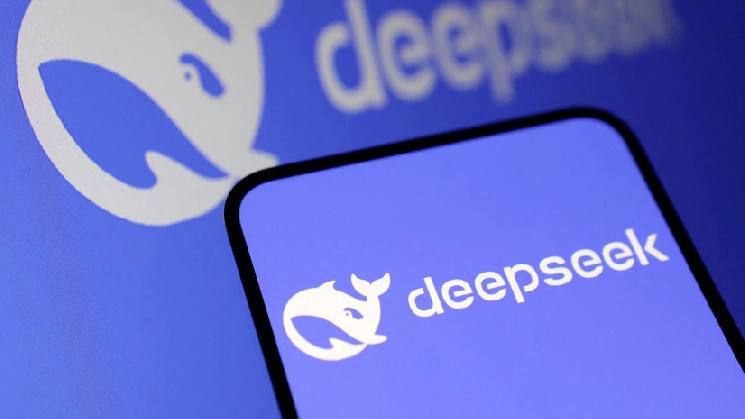In less than two years, Liang Wenfeng’s DeepSeek stands ready to pull him into the top tier of AI global wealth leaders. Or, he might simply remain a billionaire. The answer depends on who you ask.
According to startup founders and AI experts, the firm’s value estimates range from $1 billion to $150 billion. The mid-range puts the firm between $2 billion and $30 billion, placing Liang with his 84% stake among Asia’s wealthiest tech moguls, per the Bloomberg Billionaires Index.
DeepSeek shrouds its valuation in secrecy, leaving investors guessing
Since the funding and revenue of DeepSeek are not openly available to the public, it has not been easy to come up with the correct value for the company. This company is privately owned, and according to the available information, it has been financed by Liang’s hedge fund trading proceeds. “It’s basically impossible to give a convincing answer here because it’s a secretive firm,” says Jeffrey Emanuel, the founder of Pastel Network.
DeepSeek’s public relations have chosen to stay neutral and have not commented on the company’s valuation, leaving the competition for the sources of the estimates. AI specialists and startup founders have analyzed DeepSeek’s valuation.
Glasswing Ventures Managing Partner Rudina Seseri values the company at a minimum of one billion dollars compared with other AI firms such as OpenAI and Anthropic. However, some, such as Chanakya Ramdev of Sweat Free Telecom, think that DeepSeek can be worth half of OpenAI’s $300 billion valuation but is higher than Nvidia’s Jensen Huang.
The current discussions on DeepSeek’s valuation are being conducted at a time of surge in AI investment. For instance, Anthropic, an AI company supported by Amazon, is worth $60 billion, while Mistral AI from France is worth $6 billion.
Comparisons have also been drawn with China’s Zhipu AI, valued at $3 billion. However, it is hard to determine the stability of this sector because it is volatile. Recently, Sam Altman, the CEO of OpenAI, rejected a $97.4 billion bid from investors, including Elon Musk, to buyout OpenAI’s controlling nonprofit.
DeepSeek’s impact goes beyond the guesswork of the value. The company has reversed the conventional wisdom on AI innovation, disrupting Silicon Valley’s primacy and fueling global shifts in AI power. It even spurred the biggest stock drop in Nvidia’s history, indicating the shift in the AI world.
Liang Wenfeng builds an AI empire that challenges global markets
Liang Wenfeng was born in 1985 in Zhanjiang, China, and graduated from Zhejiang University with a degree in electronic engineering before pursuing a master’s in information and communication engineering. Quantitative trading was his first career choice; he co-founded Zhejiang High-Flyer Asset Management, which at one point controlled $12 billion.
Liang created DeepSeek in 2023 as an AI venture for his hedge fund, Zhejiang High-Flyer Asset Management, which Liang and two other engineers from Zhejiang University set up. The trio began trading as students during the global financial crisis. Despite the fact that the company is quite young, it has already been restricted by “hundreds” of companies, while governments from Australia to South Korea have also restricted access to government devices due to security concerns.
When strategic investments start coming in from Chinese tech giants like Microsoft did with OpenAI, then DeepSeek’s value will be further solidified. According to Emanuel, even at what seems to be very high valuations, these investments could be very valuable in the long run.
DeepSeek is currently an enigma, a company whose value is still unknown but one that has changed the AI investment landscape. The big question still remains: Will Liang Wenfeng keep on the path to becoming one of the richest people in the world, or will DeepSeek’s valuation be on the lower end of the estimate? Only time will tell.
Read the full article here

